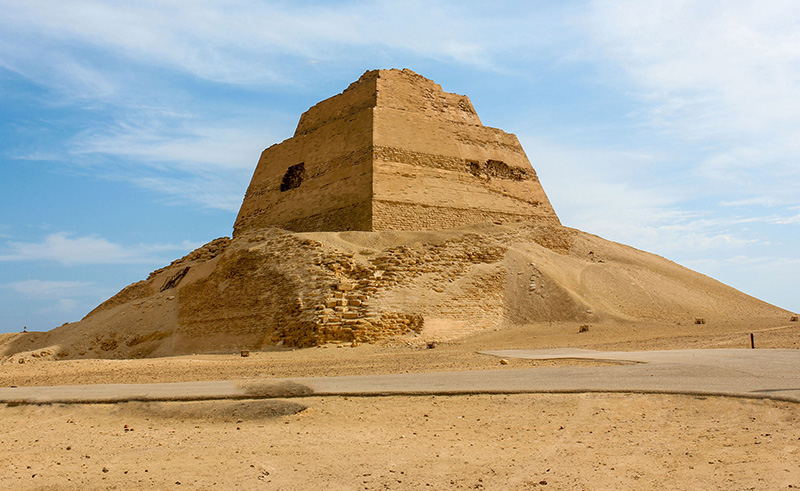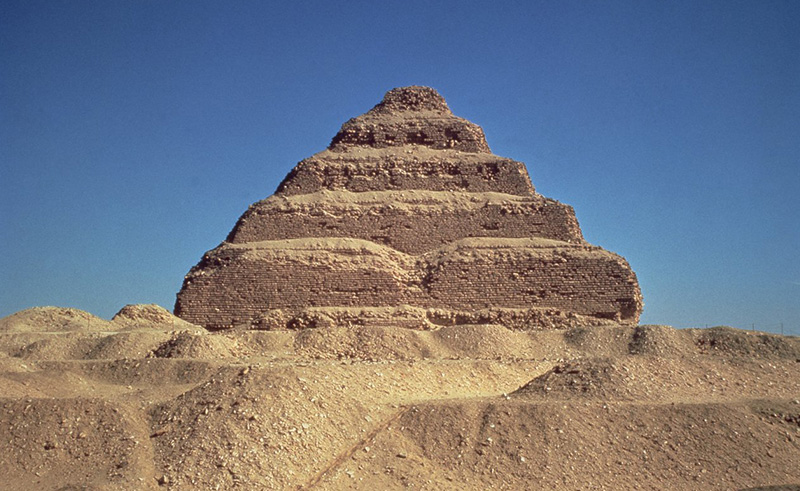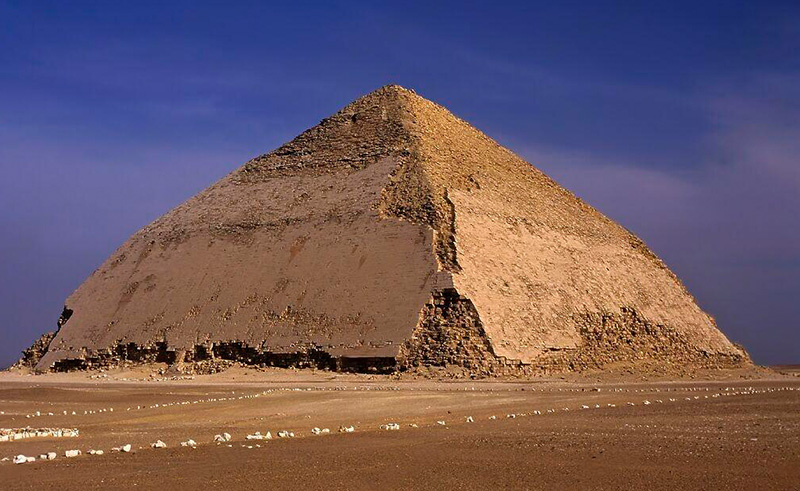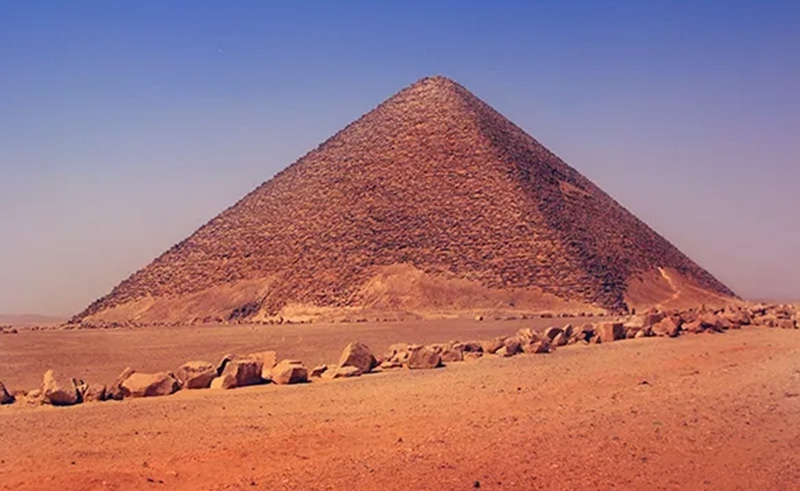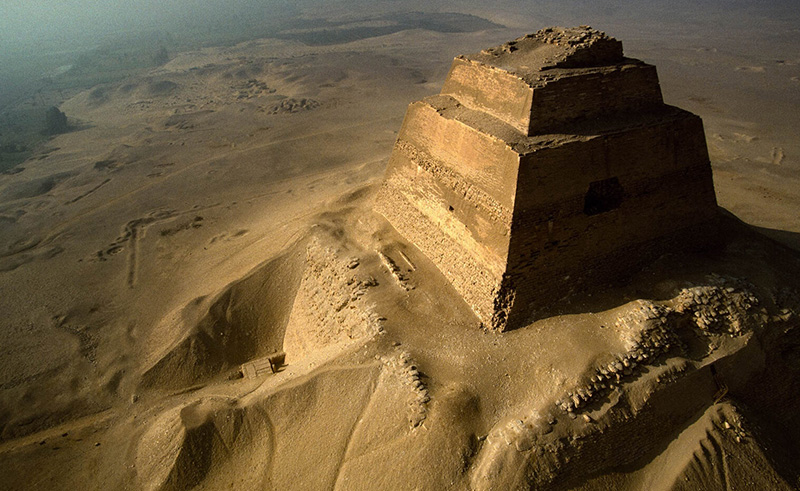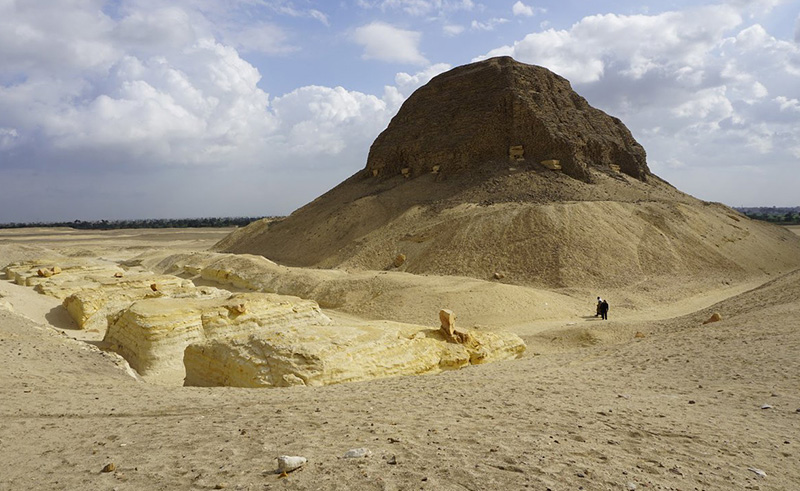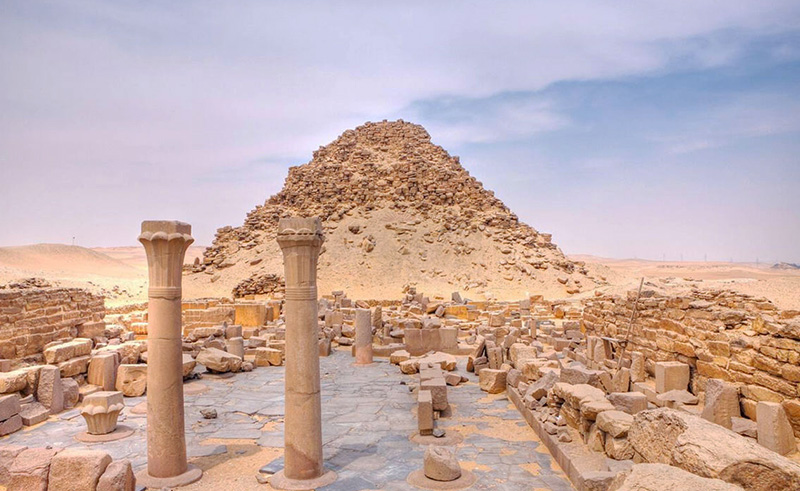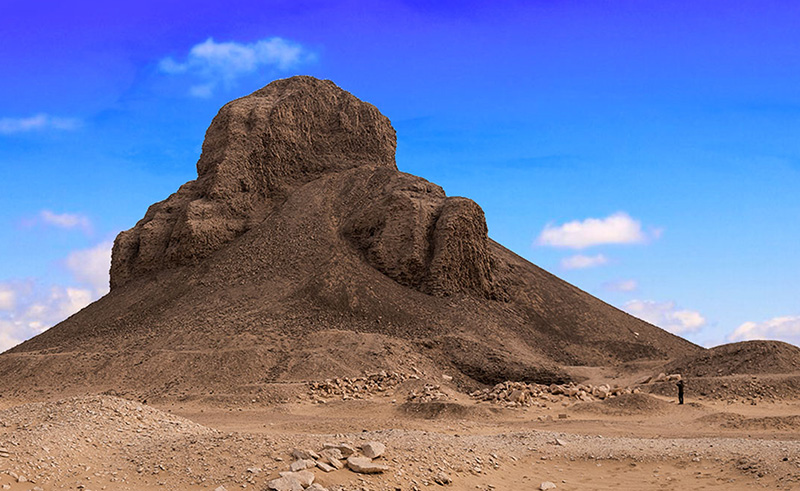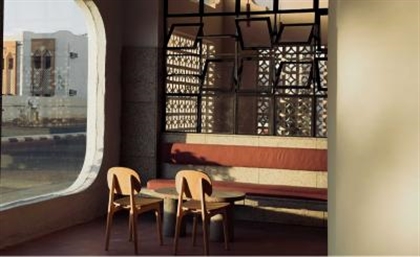Strewn across the country, these lesser-known yet historically significant pyramids are often overlooked by locals and tourists alike. Here’s everything you need to know about them.
To be born Egyptian is to grow up eternally obligated to answer the question-pair, “You’re from Egypt? How many times have you been to the Pyramids?” more times than you’d like to admit. Oftentimes, when we’re done regurgitating the customary on-the-spot history lesson to those that hail from lands beyond, we are left thinking, Iis this all we are?”
That question often trickles into another, more niche, question: “Do people know there are more than just three pyramids out there?”
The Pyramids of Giza need no introduction. They’re prime among the wonders of the world and are Egypt’s most recognizable attractions. But what of the others?
Strewn across the country, these lesser-known – yet historically significant – pyramids are often overlooked by locals and tourists alike. Here’s everything you need to know about them.
The Step Pyramid of Djoser
📍The Saqqara Necropolis, Dahshur
The first pyramid ever built, the Pyramid of Djoser, often hailed as the ‘Step Pyramid’ owing to its construction, is perhaps the most well-known of these ‘unknown’ pyramids. Built for the burial of the Pharaoh Djoser, the pyramid marks one of Egypt’s earliest colossal stone buildings, and served as the blueprint for the Pyramids of Giza.
The Bent Pyramid
📍The Royal Necropolis, Dahshur
The first of multiple pyramid projects commissioned by King Sneferu, the first king of the fourth dynasty, the Bent Pyramid’s unconventional shape is anything but an accident, though its structure was indeed initially miscalculated. When construction began at an angle of 55 degrees, issues with load-bearing were soon discovered. To ‘remedy’ the project, the pyramid’s construction was completed at an angle of 43 degrees, giving it its unique shape.
The Red Pyramid
📍The Royal Necropolis, Dahshur
You know what they say, you can’t learn without making some mistakes. Constructed with an angle of 43 degrees from the get-go, King Snefru’s Red Pyramid veered from the faults of its predecessor. Closely resembling the Pyramids of Giza, the Red Pyramid is the largest pyramid at Dahshur’s necropolis. Initially encased in white stone, subsequent years revealed the pyramid’s red stone facade, giving it its name.
The Pyramid of Meidum
📍El Wasta, Beni Suef
It seems as though Snefru had something to prove. Known as the ‘False Pyramid’, the Meidum pyramid in Beni Suef owes its moniker to its shape, which does not closely resemble a traditional pyramid. Originally meant to be a step pyramid, plans quickly changed, and the Pyramid of Medium underwent many changes.
The Lahun Pyramid of Senusret II
📍Al Lahun, Fayoum
This pyramid has seen better days, let’s just say that. Built with mudstone and initially encased in white stone, only a vague outline of the Lahun Pyramid of Senusret II of the 12th dynasty still stands today.
The Abusir Pyramids Complex
📍The City of the Dead, Saqqara
Having once served as an elite cemetery for members of the fifth dynasty, the Abusir Pyramids complex is home to 14 different pyramids, chief among them the Pyramid of Sahure, the Pyramid of Neferirkare, and the Pyramid of Niuserre.
The Black Pyramid
📍Al Marazeek, Dahshur
Built by King Amenemhat III during the Middle Kingdom, the Black Pyramid was crafted from slabs of black stone found throughout the region, giving it its name. What remains of the pyramid today is a decaying black mound, once hailed in history as the ‘Pyramid of the Mighty Amenemhat’.
